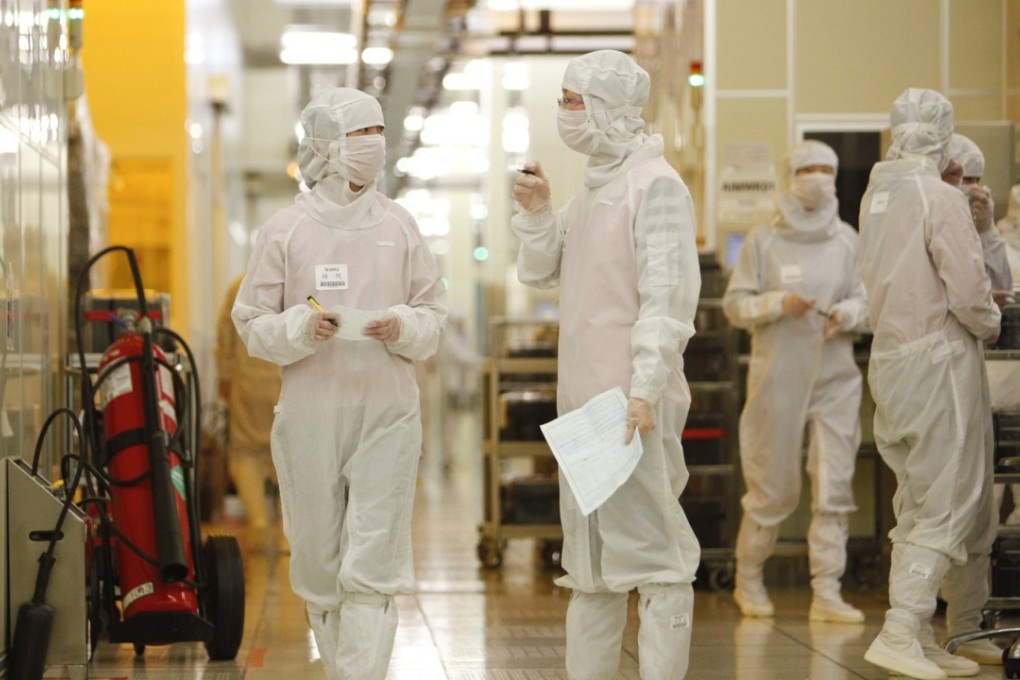Fingerprint sensors help China’s top contract chipmaker SMIC ‘outperform a weaker’ market as Q3 net profit jumps 73.9 per cent
Shanghai-based company posts another record quarter, expects 2015 revenue to grow 10 per cent on-year despite lacklustre global demand

China’s Semiconductor Manufacturing International Corp (SMIC) is gearing up to further expand its product line, emboldened by another quarter of record sales and earnings in the three months ended September 30.
The largest contract chip manufacturer in mainland China expected to post its fourth consecutive quarter of solid growth in the three months to December, according to the company’s regulatory filing late on Tuesday.
“We have achieved a strong 2015 so far, our best historically in terms of revenue, profitability and utilisation,” SMIC chief executive Chiu Tzu-yin said in a conference call with analysts on Wednesday.
The company estimated its total revenue for the whole year would grow more than 10 per cent from 2014 despite a slowing domestic economy and lacklustre demand in the global chip industry.
“SMIC continues to outperform a weaker semiconductor market,” Jefferies equity analyst Ken Hui said in research note.